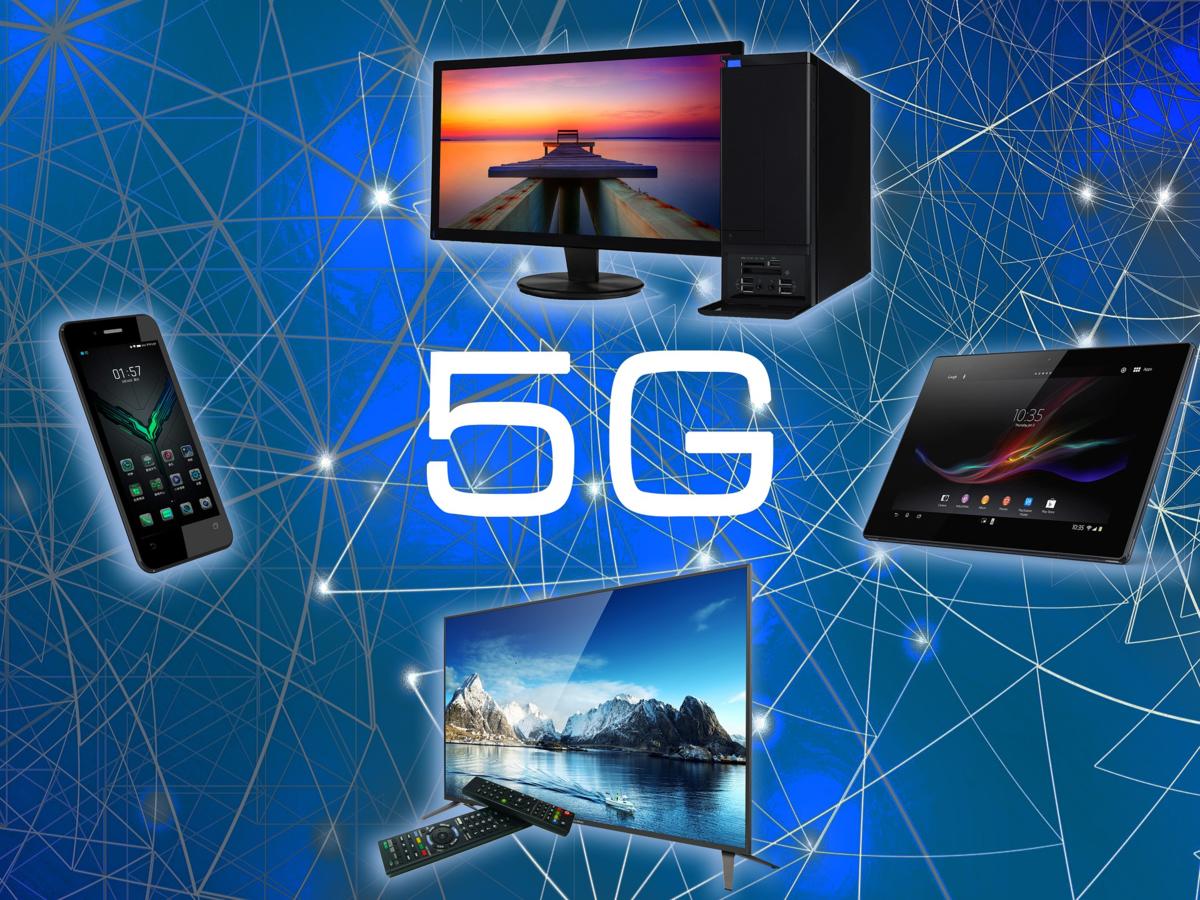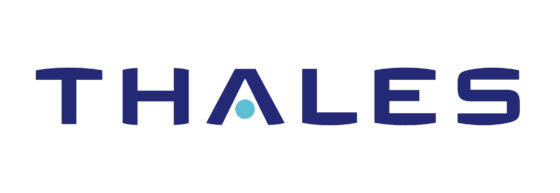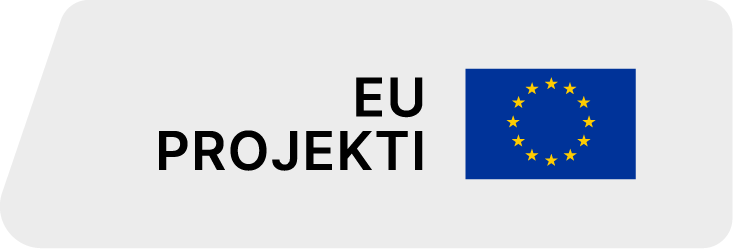It might be happening a bit slower than people expected, but the advent of 5G is just over the horizon. As leading network providers gear up to deploy their 5G offerings, the benefits of 5G for individuals and businesses are also getting closer.
What is 5G?
5G is the fifth generation of mobile wireless communications technology — the upgrade to the 4G network. By using shorter, higher-frequency bands of the radio spectrum, 5G promises lower latency, faster speeds, and greater load capacity. Some researchers believe that in real-world conditions, 5G could deliver browsing and download speeds 10 to 20 times faster than the 4G network. 5G is also going to bring exponential improvements in latency and reach, and will create a broad range of new opportunities for people, businesses and society as a whole, by enriching customer experience, speeding up digital transformation, and furthering interaction between people.
This next wave of mobile networks will connect billions of people and things over the coming years. It will open up a world of opportunity, for both users and operators, but also raises concerns about cybersecurity and data privacy.
One of the most significant developments will be the increase in the adoption of IoT (the Internet of Things). Many more devices can be connected per square kilometre (up to 1 million) and 5G is designed to lower power consumption needs. It will allow connected objects to be powered for years without any human intervention, thus creating billions of interconnected devices all around the world.
5 Key Components of a Trusted 5G Architecture:
1. Core Network: with the new Core Network, each network function no longer resides in its own isolated, secure hardware. Instead it now resides in software as a Virtual Network Function (VNF) or Cloud-native Network Function (CNF) running on shared virtualized infrastructure with other VNFs/CNFs and applications.
2. Multi-Access Edge Compute (MEC): brings application hosting from centralized data centers down to the network edge, to address low latency and bandwidth. These new services are expected to address a wide variety of verticals including healthcare, manufacturing, retail and media/entertainment.
3. Backhaul/Fronthaul/Mid-haul: is the part of the network that links the RAN components, the core network, and the small subnetworks at the edge of the network. These now need to support high throughput and low-latency data transfer.
4. Subscriber Authentication and Privacy: with new capabilities such as network slicing, Mobile Network Operators need to provide high assurance subscriber authentication and 5G subscriber privacy (SUPI/SUCI) services.
5. Management Layer: OSS / BSS: Operations Support System, covers Order Management, Network Inventory Management and Network Operations, while the Business Support System (BSS) primarily consists of order capture, customer relationship management and billing. These systems managing sensitive data are expected to evolve to support 5G networks.
Foundation of Digital Trust for 5G
One of the main concerns in a 5G world of virtualised networks and billions of interconnected devices is safeguarding those devices and their data. When the 5 key components are left unprotected, the underlying infrastructure, sensitive operations and copious amounts of sensitive data processed are at risk.
Data protection is something that is on everyone’s radar and Thales can help
One of the main concerns in a 5G world of virtualised networks and billions of interconnected devices is safeguarding those devices and their data. Thales is able to offer trusted connectivity, which will enable all the devices on a network to be secured, and prevent them from being compromised.
Safeguarding the devices also requires strong data encryption, which is something that Thales has been providing for years, in the telecoms field and across a broad range of other domains. That know-how guarantees not only that the data itself is secure and can be trusted, but that those trying to access it are accurately authenticated.
This is key, because this is not just an exercise in connecting devices – it’s about connecting more people than ever before. 5G is going to help connect the unconnected, giving them an access to connectivity that they do not have today. Teaming up with Thales will enable telcos to create non-terrestrial networks that will benefit over 750m people who do not currently have that access. This means greater coverage for hard-to-reach communities, as well as for outdoor IoT devices or moving platforms.
This analytics solutions will also provide telcos with a better understanding of the massive quantities of data on the network. This will allow them to analyse constantly the cyber threat level, and to protect their critical infrastructures against potential attacks, thus ensuring that we will live in a 5G world that we can all trust.
Ask us for more information!






